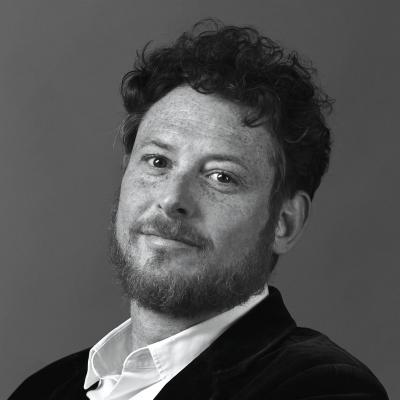Ad Age Video & Podcasts
McCann's creative leader on the agency, his personal battles—and why he doesn't blame Droga for selling

July 11, 2019 09:00 AM
Featured Stories
Answer engine optimization (AEO) FAQ—how brands can prepare for AI search
AI search is upending the way that consumers find information online, and marketers are turning to AEO to ensure they stay relevant.




